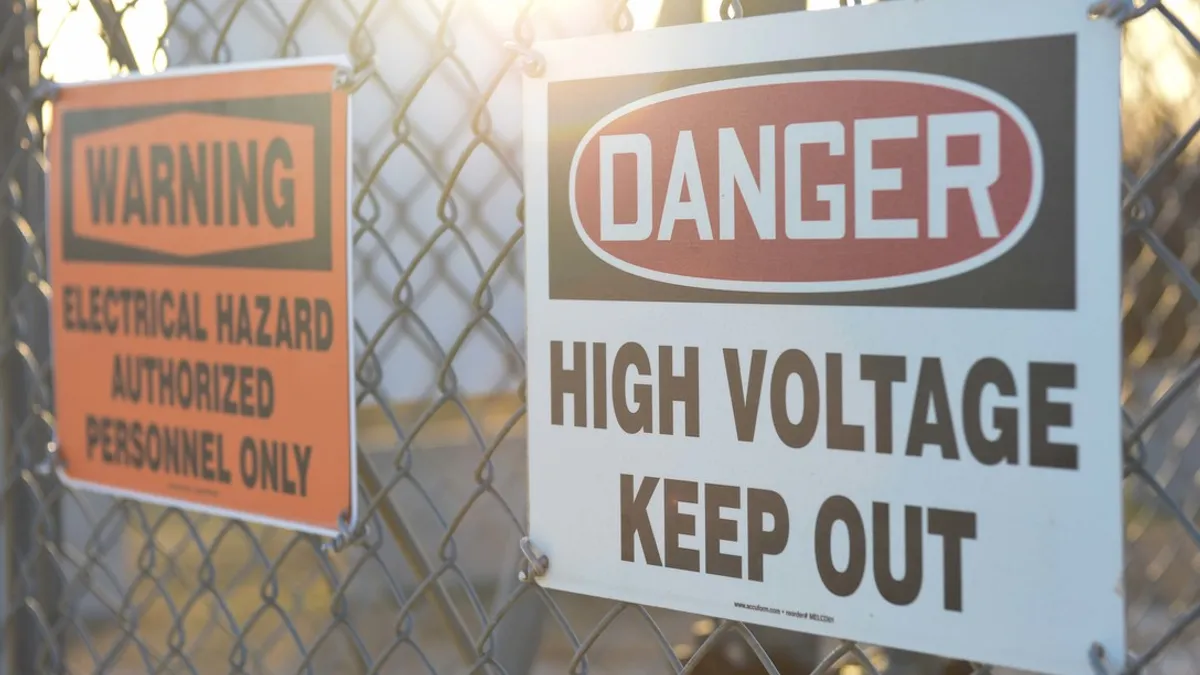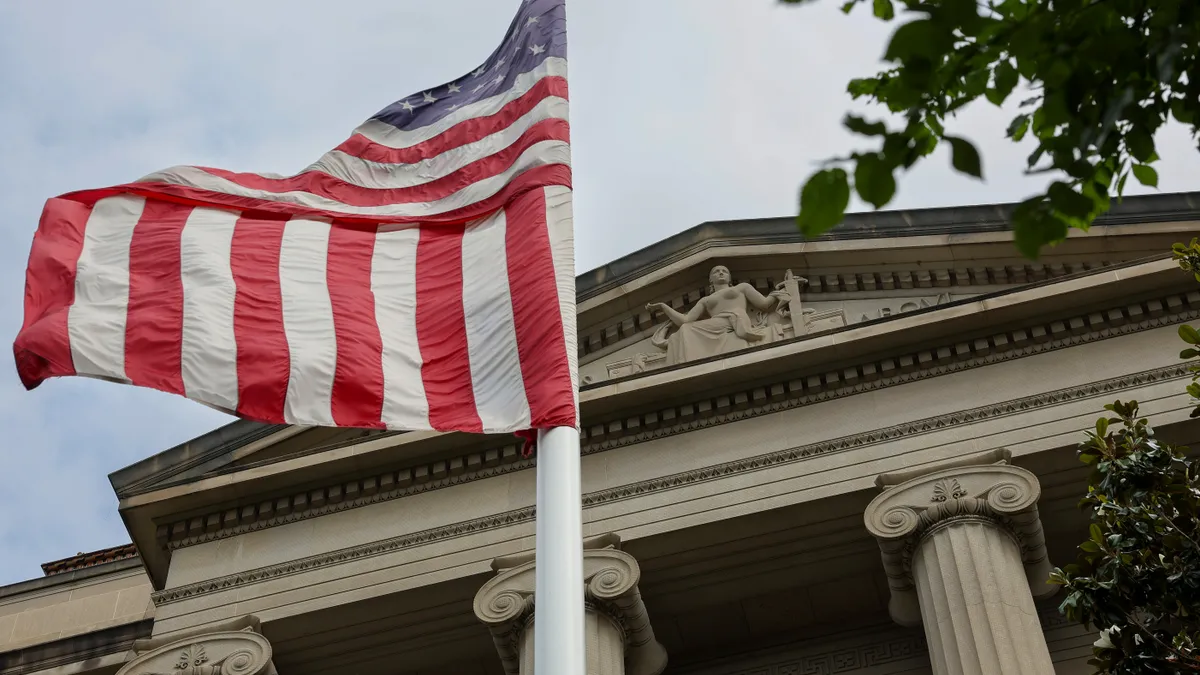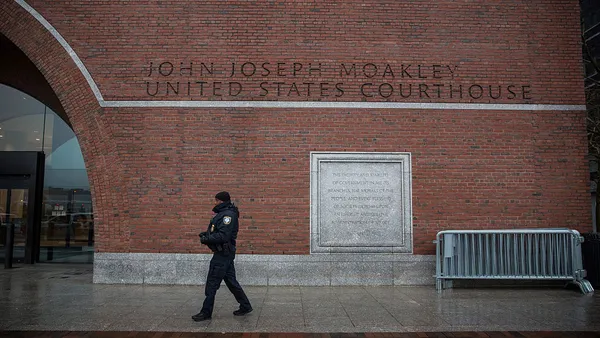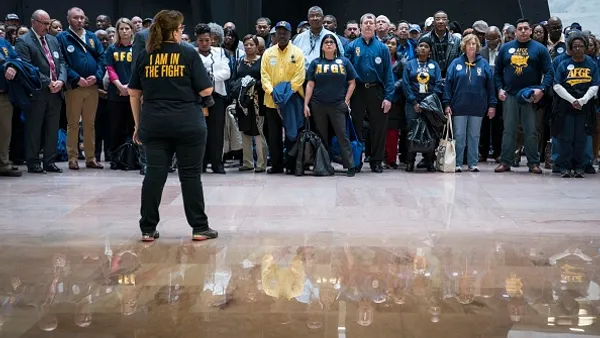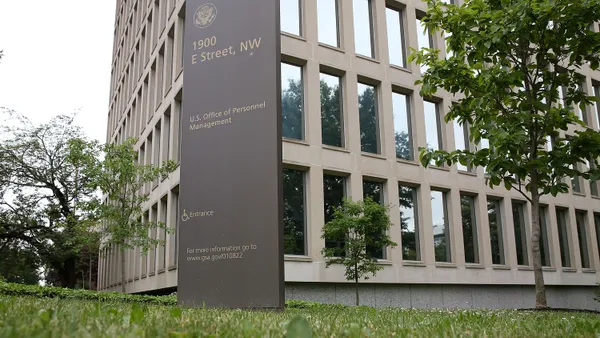Dive Brief:
- A federal judge has ordered a Pennsylvania manufacturer to pay $1,047,399 in lost wages and punitive damages to two former employees who were fired in retaliation for participating in a Occupational Safety and Health Administration (OSHA) investigation. The court's punitive damages award of $500,000 is the largest ever assessed under Section 11(c) of the Occupational Safety and Health Act (OSH Act), according to the U.S. Department of Labor (DOL).
- In April, a jury concluded that the employees had been fired for participating in an OSHA investigation triggered by a workplace accident that had resulted in a co-worker losing three fingers. One of the employees was fired after OSHA began its investigation, and the other was fired soon after OSHA issued citations and assessed penalties against the employer, DOL said.
- The OSH Act requires employers to provide safe and healthful workplaces. Additionally, OSHA enforces the provisions of multiple whistleblower statutes that protect employees who report violations of various laws.
Dive Insight:
OSHA's Whistleblower Protection Program enforces legal safeguards for employees who suffer retaliation for engaging in protected activities under more than 20 federal laws, including the OSH Act, the Sarbanes-Oxley Act and the Federal Railroad Safety Act.
OSHA points out on its website that other federal agencies also enforce anti-retaliation protections, including:
- U.S. Equal Employment Opportunity Commission (EEOC): "Enforces laws that prohibit discrimination against employees because of race, color, religion, sex (including pregnancy), national origin, age (40 or older), disability, or genetic information, and retaliation against employees for opposing discrimination."
- Wage and Hour Division (WHD) of DOL: "[Enforces] federal laws on the minimum wage, overtime pay, wage recordkeeping, and child labor requirements of the Fair Labor Standards Act," as well as prevailing wages for government-funded construction and service contracts. WHD also enforces the Family and Medical Leave Act and protections for migrant and seasonal workers, as well as for some temporary guest workers.
- National Labor Relations Board: "Protects the rights of most private-sector employees to join together, with or without a union, to improve their wages and working conditions."
In the employment context, retaliation allegations often accompany allegations of harassment or bias. In fiscal year 2018, of the 76,418 workplace discrimination charges workers filed with the EEOC, more than half were retaliation charges. Additionally, retaliation claims can survive even if the underlying harassment or discrimination claims are found to be without merit.
Supervisors should be trained to proceed very carefully when disciplining or terminating a worker who has engaged in protected activity, such as participating in an investigation or filing a complaint. Sometimes, timing alone is sufficient to establish a connection between protected activity and an adverse action.


